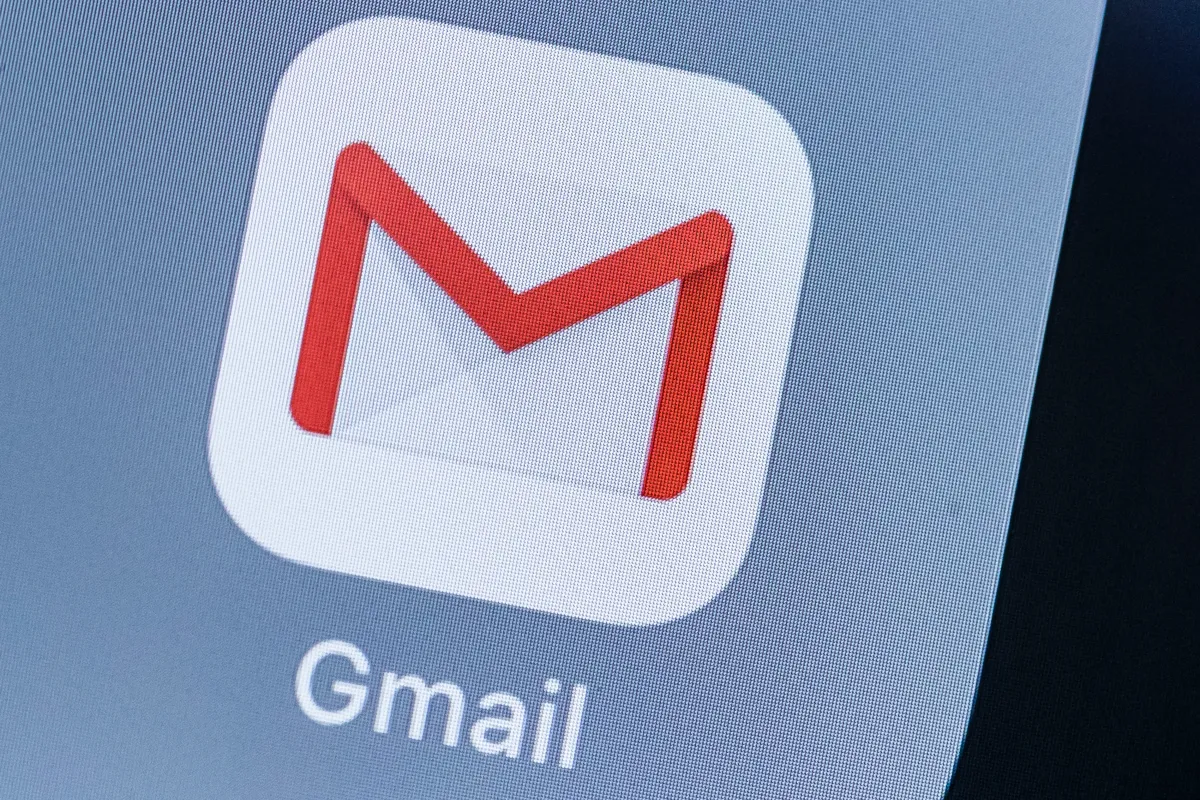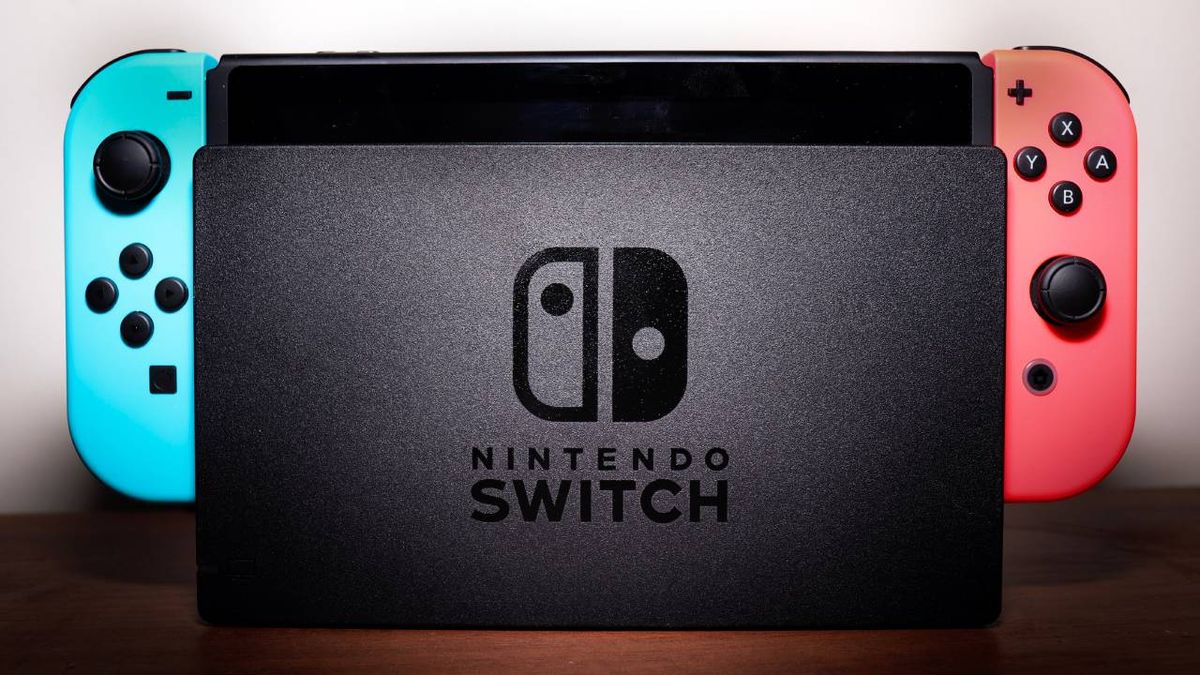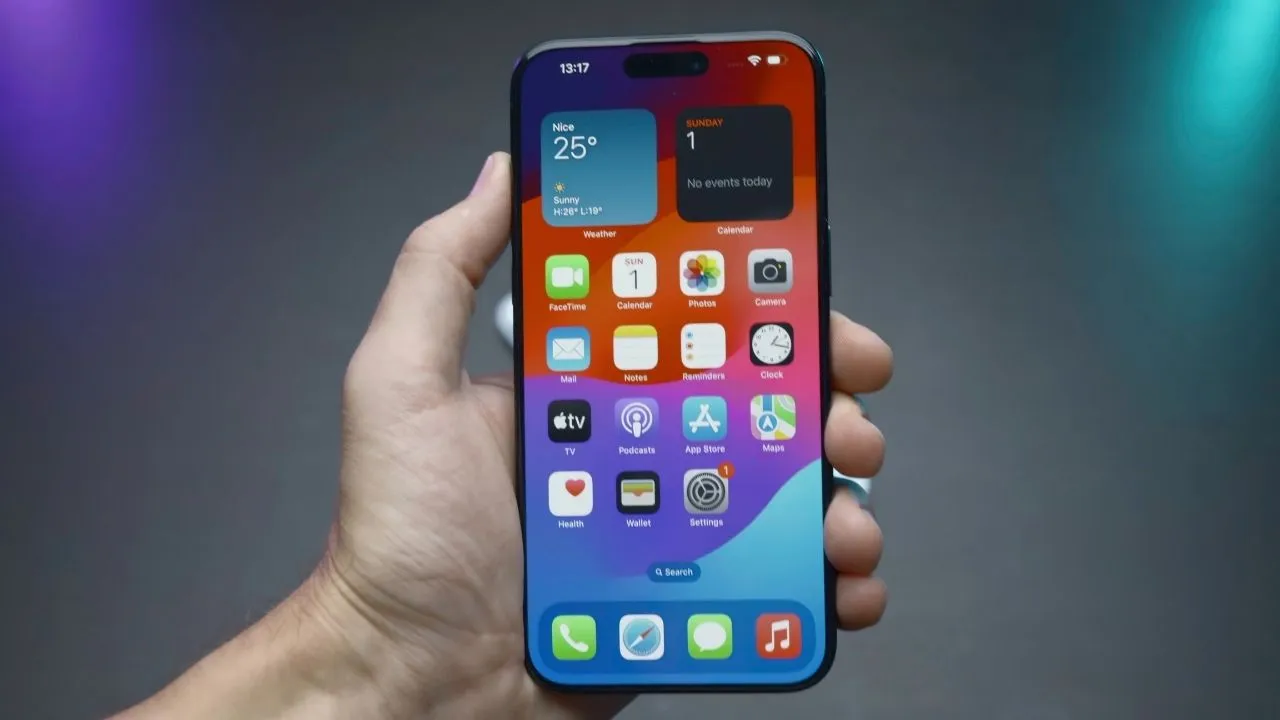In October 2022, Elon Musk completed the high-profile acquisition of Twitter for $44 billion, a transaction replete with ambition and promise. The deal was heavily financed by debt, with Musk securing a colossal $13 billion from several major banks including Morgan Stanley and Bank of America.
The Core Issue: A Mountain of Unsold Debt
Post-acquisition, the rebranded platform X (formerly Twitter) has struggled significantly under Musk’s leadership. Operational upheavals and a substantial reduction in platform valuation—from the purchase price of $44 billion to roughly $12.5 billion—have left the involved banks with a significant burden. The underperformance has severely impacted the marketability of the debt, rendering it nearly impossible for banks to offload without substantial losses.
Direct Impact on the Financial Sector
The unsold debt continues to clog the banks’ balance sheets, tying up capital that could otherwise fuel other financial activities. This overhang has been particularly damaging in a competitive market environment, restricting the banks’ agility to capitalize on new merger and financing opportunities.
Compensation and Career Implications for Bankers
The repercussions have also trickled down to the individual level, with investment bankers facing up to a 40% pay cut in 2023. The retention of the Twitter debt on the banks’ books has been cited as a key factor contributing to these reductions.
The Future Outlook
While the banks still receive interest payments, the full recovery of the principal amount grows increasingly doubtful. Projections suggest potential losses could top $2 billion if the situation doesn’t turn around before the loans mature. The ongoing financial saga has also dented the reputational standings of the involved banks in global banking rankings, with some slipping behind their competitors who steered clear of the deal.









Add Comment